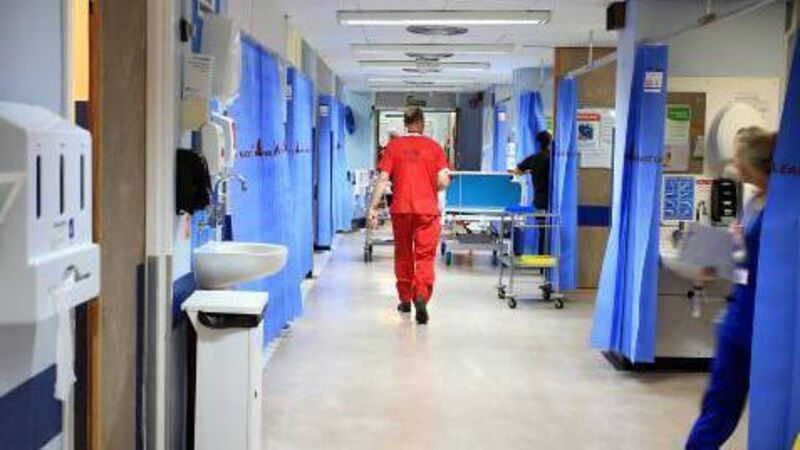'Significant' investment needed to replace HSE structures with new regional health areas

The RHAs will replace the current system of hospital groups and community healthcare organisations as part of the Sláintecare reforms, the Oireachtas health committee heard on Wednesday. File picture
The way health treatment is set up makes helping patients “an impossible task” and significant investment is needed to replace these structures with regional health areas, the Oireachtas health committee has heard.
The move would see all health services, including the HSE, divided into six geographical areas, known as RHAs.










